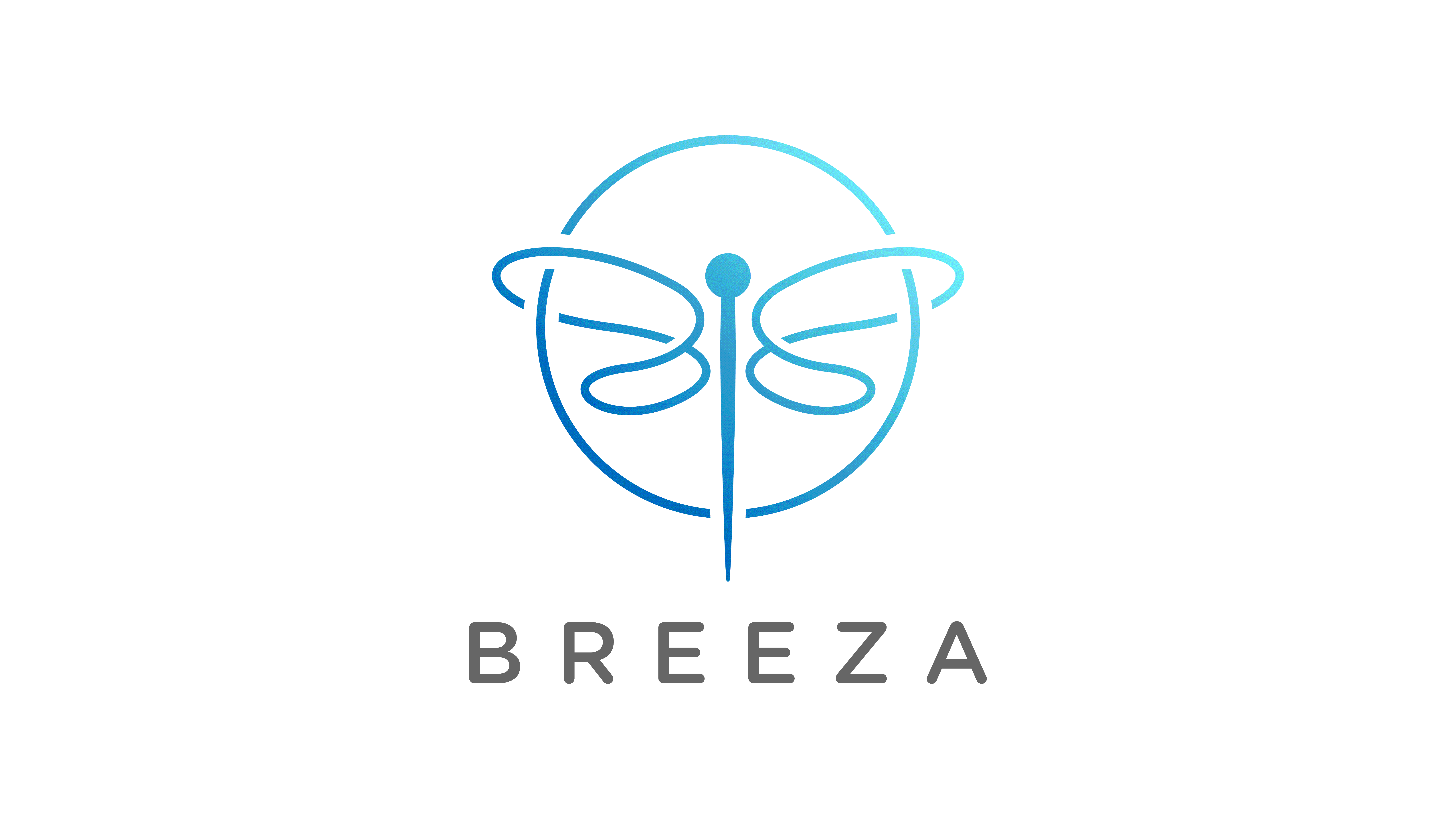Guide to Residence in Croatia: What You Need to Know About Investment and Golden Visas
Croatia does not have a Golden Visa program. Let’s be clear: there is no golden visa, no matter what certain websites or YouTube videos claim. Some of this misinformation is designed to sell overpriced services. Below, we’ll explain the real, legal options to stay in Croatia long term—specifically how owning property can allow you to live here up to 9 months per year, even though it does not offer automatic or permanent residency.

What Is a “Golden Visa”?
A Golden Visa is a residence-by-investment program that allows foreigners to gain legal residency—sometimes even citizenship—in a country by making a significant financial investment. These investments usually take the form of:
-
Real estate purchases
-
Contributions to national funds
-
Business investments
In many Golden Visa countries, the money is what matters most—not your involvement or intention to live there full-time. In some cases, residency or citizenship can be obtained by spending little to no time in the country.
Croatia’s Stance: No Golden Visa
Croatia has made it clear through its immigration policies: there is no such thing as a Golden Visa here. Some online sources claim there is, often offering to “help” for a fee. These claims are false. Croatia does not offer a residency-by-investment program based solely on money.
There is also no such thing as a 100% tax exemption for foreigners buying property in Croatia. These are fabrications.
However, there are investment-adjacent ways to live in Croatia that involve real estate or business, though with conditions and limitations.
1. Residence Based on Buying Property in Croatia
Croatia’s Law on Foreigners allows third-country nationals (non-EU/EEA citizens) to apply for temporary residence based on owning a residential property.
What You Need to Know:
-
You must buy property zoned for residential use and intend to live in it.
-
You must be from a country with reciprocity, meaning Croatians can buy property in your country.
-
There is no minimum investment amount, unless your country’s reciprocity agreement sets one.
-
Once added to the land registry as the legal owner, you can apply for temporary residence under the category “other purposes.”
-
Owning property does not give you automatic residence—you still need to apply for a temporary residence permit just like any other foreigner would.
-
If approved, this permit allows you to live in Croatia for up to 9 months per year, but you must leave for 90+ days before reapplying.
Requirements Include:
-
Proof of ownership (land registry entry)
-
Background check
-
Proof of financial means
-
Health insurance
🔗 [Learn how to buy property in Croatia here]
🔗 [Check your country’s reciprocity status here]
🔗 [See how to apply for residence after purchasing]
Major Limitations:
-
You cannot work in Croatia under this permit.
-
Time on this permit does not count toward permanent residence.
-
You must leave Croatia for 90+ days between permits to reapply.
-
You can only be in Croatia on this permit for up to 9 months per year.
-
No family reunification is allowed under this type of residence.
-
The permit is typically issued for 6 months to 1 year.
This path is best suited for retirees, digital nomads, or second-home buyers who want to spend part of the year in Croatia.
2. Residence Based on Opening a Business
Opening a business is another legal path to obtaining temporary residence—but it’s a serious commitment.
Requirements:
-
Own at least 51% of a Croatian business (d.o.o., j.d.o.o., or obrt)
-
Invest at least €26,544.56 in startup capital
-
Employ at least three Croatian citizens full-time, indefinitely, and pay them the national average bruto salary
-
Pay yourself 1.5x the national average bruto salary (if a j.d.o.o or d.o.o.)
-
Have health insurance and proof of income
If you fulfill all these criteria, you can get a work and residence permit valid for one year. You’ll need to renew it annually while continuing to meet the same requirements.
Pros:
-
The time spent counts toward permanent residency
-
Family reunification is permitted
Cons:
-
The financial and administrative burden is high
-
Not realistic for small-scale entrepreneurs
-
Designed to discourage residence-through-business unless the business has real economic impact
This route is ideal if you genuinely want to operate a business in Croatia—not if you’re just looking for a workaround to residency.
Is Croatia Planning a Golden Visa in the Future?
Highly unlikely. Croatia’s immigration system is not designed to make long-term residence easy for third-country nationals. Even with valid permits, many include built-in breaks (like the 90-day exit rule) that make it difficult to stay indefinitely.
Their digital nomad visa and business residence permit both include restrictive terms to prevent misuse.
Croatia wants you to contribute—economically and socially—not just invest and disappear. That said, there are creative legal paths to stay longer, and we can help you find them.
If you're unsure about what path is best for you, let's chat. Every person’s situation is unique, and our goal is to help you make your Croatian dream a reality.
